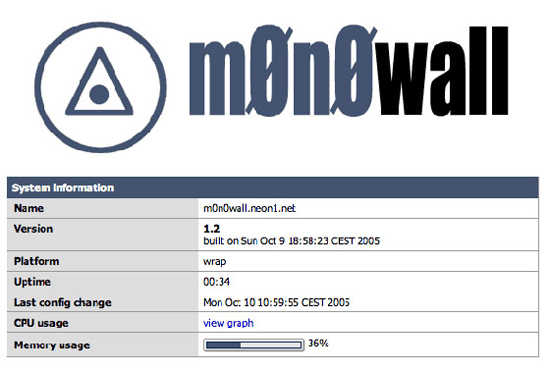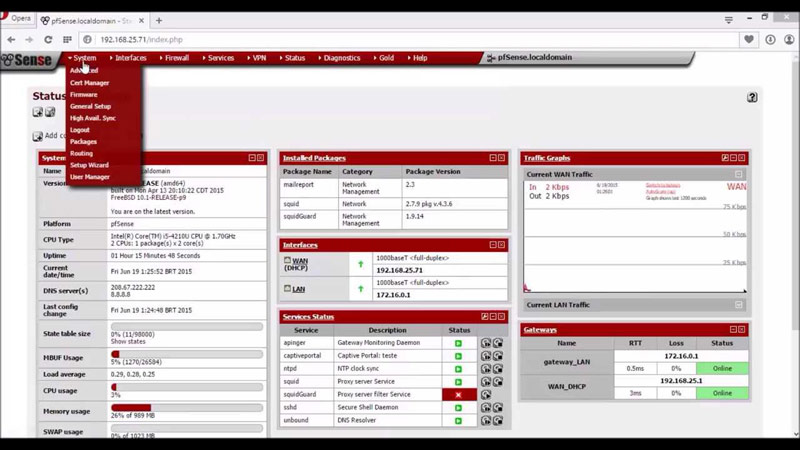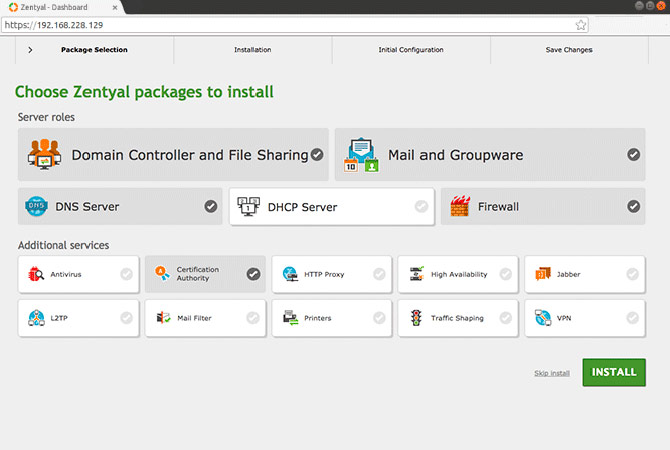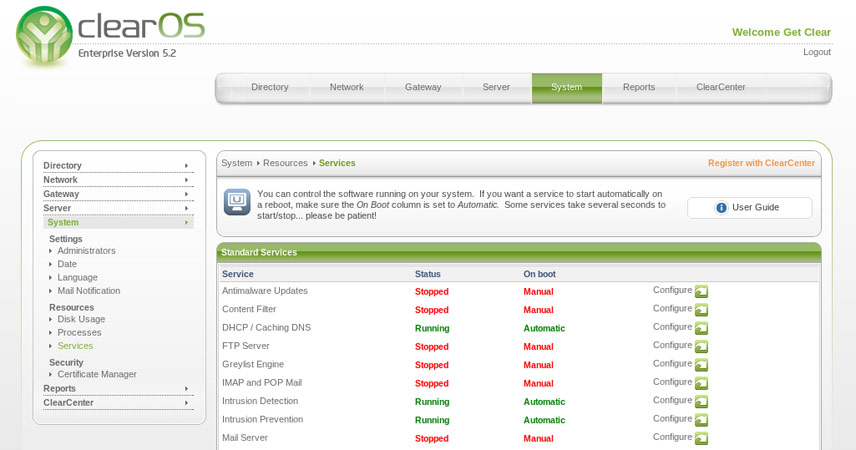Linux is quite possibly the only open-source project that has managed to change the world at a very large scale. It is on your phones as Android, it is on the millions of servers that run the internet itself and also it is even on your home router.
Hence a source used by millions can be attacked by anyone in anyways and take our network. So below is the top 5 of the best Linux firewalls available that can protect your network no matter what comes your way.
Iptables
Most Linux distros comes pre-installed with Iptables, and while it is not the most feature-rich firewall out there but it is a secure one.
 The interface for Iptables is non-existent, as it is a command line utility. It is not the easiest thing to use as you need to learn commands to configure it. However, you can find various GUI solutions that work with iptables to make using it easier which includes Ubuntu’s “Uncomplicated Firewall”.
The interface for Iptables is non-existent, as it is a command line utility. It is not the easiest thing to use as you need to learn commands to configure it. However, you can find various GUI solutions that work with iptables to make using it easier which includes Ubuntu’s “Uncomplicated Firewall”.
Basically it analyses the packets and checks if they match any rules. If it doesn’t find any, it simply follows the default behavior. However if you want something simple that you can configure and then forget about, Iptables will be the best choice.
Monowall
Monowall is optimized and designed to run on the lowest of computer specifications (all it needs is 16 MB of storage). You have to pay a price for this performance, though it doesn’t come with a lot of features either.
Monowall also provides QoS routing by default, which allows you to shape all of the traffic going through it. This allows you to prioritize certain connections over others and not only have a secure firewall, but also a fast one.
Active development of Monowall has been discontinued as of February 2015, but it is still available for download.
pfSense
pfSense is based on Monowall, basically the developers took the open source Monowall project and built on top of it. Unlike Monowall, pfSense is still in active development as well.
pfSense has everything Monowall does, and also some more. Things like hardware failover, multi-WAN and other advanced features make pfSense extremely useful for network administrators who demand from their firewall.
It is quite possibly the most feature-rich firewall out there, but that also makes it complicated to use. While the interface tries its best to make it easier to understand (it does have a learning curve).
Zentyal Server
Zentyal is not a firewall specifically and it it was initially designed as an email server, but ended up doing more than just that. Zentyal can be used as a full-fledged business server, which means it also packs an extremely versatile firewall of its own.
Zentyal is based on Ubuntu Server LTS, so you are essentially installing an OS when you install Zentyal. This also means you can practically do everything you could on Ubuntu. Zentyal can essentially be a full-fledged server with everything you need to run.
If you can handle the overwhelming number of options and possibilities Zentyal provides you with, and need something that can do much more than a simple firewall. Zentyal also packs a DNS server, a DHCP server, an e-mail server, a domain controller and much more.
ClearOS
ClearOS is built on top of CentOS, and much like Zentyal it can also serve as much more than a firewall. What makes ClearOS special is its interface, it is clear a lot of attention has been paid to make it as simple as possible. However its simplicity does not mean it lacks complexity
For novice users ClearOS can be very simple to set up. For advanced users ClearOS can provide any feature they could ask for. Everything is simple with ClearOS even the installation.
Source: techlila




